Operation Mahadev: India Executes Justice in Response to Pahalgam Terror Attack
Incident: On April 22, 2025, 26 civilians were killed in a brutal Pahalgam terror attack, carried out by Lashkar-e-Taiba-linked terrorists. Operation Mahadev: A joint operation by the Indian Army, CRPF, and J&K Police began on May 22, 2025, based on precise human and technical intelligence. Outcome: On July 28, 2025, three “A‑category” terrorists—Suleman (alias Faizal), Afghan, and Jibran—were neutralized in Dachigam forest, all shot in the head. Evidence: Eyewitness confirmation, Pakistani voter IDs, Pakistan-made items, and ballistic tests matching recovered weapons to Pahalgam shell casings proved their involvement. Amit Shah in Parliament: Declared the operation a success, countering opposition demands for proof, and highlighting that public sentiment demanded strict justice. Impact: Families of victims expressed relief, and the operation demonstrated India’s commitment to zero tolerance for terrorism.
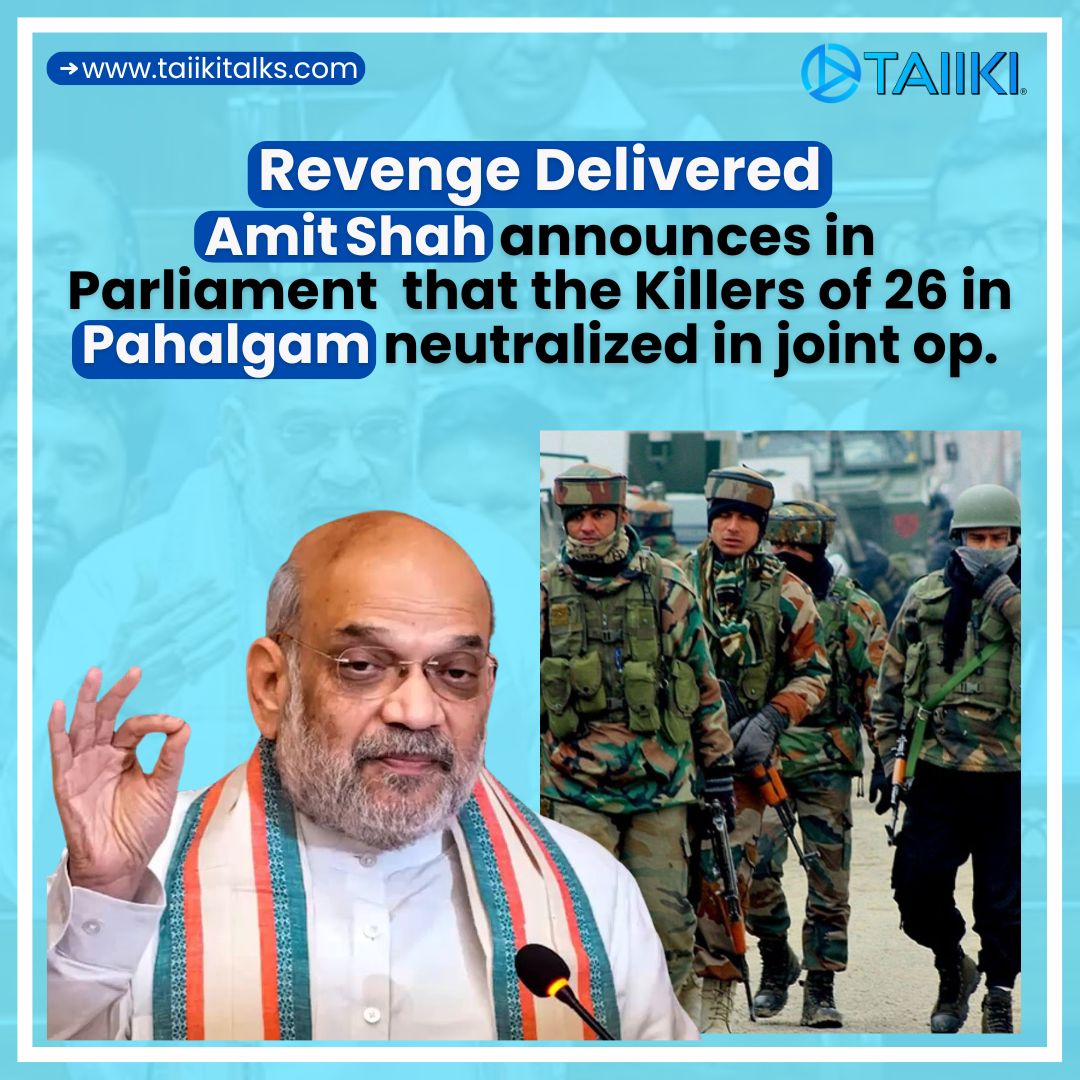
Operation Mahadev: India Executes Justice in Response to Pahalgam Terror Attack
Date: July 2025
Operation Name: Operation Mahadev
Location: Dachigam forests near Srinagar, Jammu & Kashmir
Background: The Pahalgam Carnage
On April 22, 2025, armed militants attacked tourists in Baisaran Valley, Pahalgam, killing 26 civilians—25 tourists and one pony operator. Survivors recounted that male tourists were separated on the basis of religion before being shot. This atrocity was carried out by militants from The Resistance Front, a Lashkar-e-Taiba proxy group.
Launch of Operation Mahadev
Operation Mahadev officially began on May 22, triggered by human and signal intelligence from the Intelligence Bureau and Military Intelligence, which monitored a suspect communication device linked to the attackers. After continuous operations, their exact location was confirmed on July 22, prompting a joint mission by 4 Para (Army), CRPF, and J&K Police in the Dachigam woodland area.
Outcome of the Encounter
On July 28, Indian security forces neutralized three terrorists—identified as Suleman (alias Faizal), Afghan, and Jibran, all classified as “A‑category” Lashkar-e-Taiba operatives. Home Minister Amit Shah confirmed in Parliament that all three were shot in the head, noting that many victims’ families had urged such decisive action.
Identification & Evidence
Several layers of evidence were presented in Parliament to substantiate their identity and role:
-
Witnesses—including individuals who had sheltered or fed the terrorists—identified the bodies. Detainees named Bashir and Parvez confirmed the identities; even their mother recognized them.
-
Belongings recovered included Pakistani voter ID cards and even Pakistan-made chocolates, underscoring their nationality.
-
Weapons seized—one M4 carbine and two AK‑47s—were sent to Chandigarh’s forensic lab. Ballistic analysis confirmed they matched the firearms used in the Pahalgam killings .
What Amit Shah Said
-
Amit Shah emphasized that the three terrorists were shot in the head, attributing this outcome to public sentiment: "We had messages from across the country demanding headshots".
-
He also addressed criticism from political opponents such as former Home Minister P. Chidambaram, challenging the demand for proof that the attackers were Pakistani. Shah dismissed such skepticism and directly accused Congress of appeasement politics.
Family Reactions & Wider Impact
Victims’ families expressed relief and vindication upon hearing the news. Priyadarshini Acharya, wife of one of the slain tourists, lauded the efforts of the armed forces and urged continued vigilance in securing tourist destinations like Pahalgam.
Regional & Global Context
Following the Pahalgam attack, India mounted Operation Sindoor, striking alleged terror infrastructure across the border. Pakistani authorities rejected Indian assertions, calling for a neutral investigation and accusing India of fabricating claims








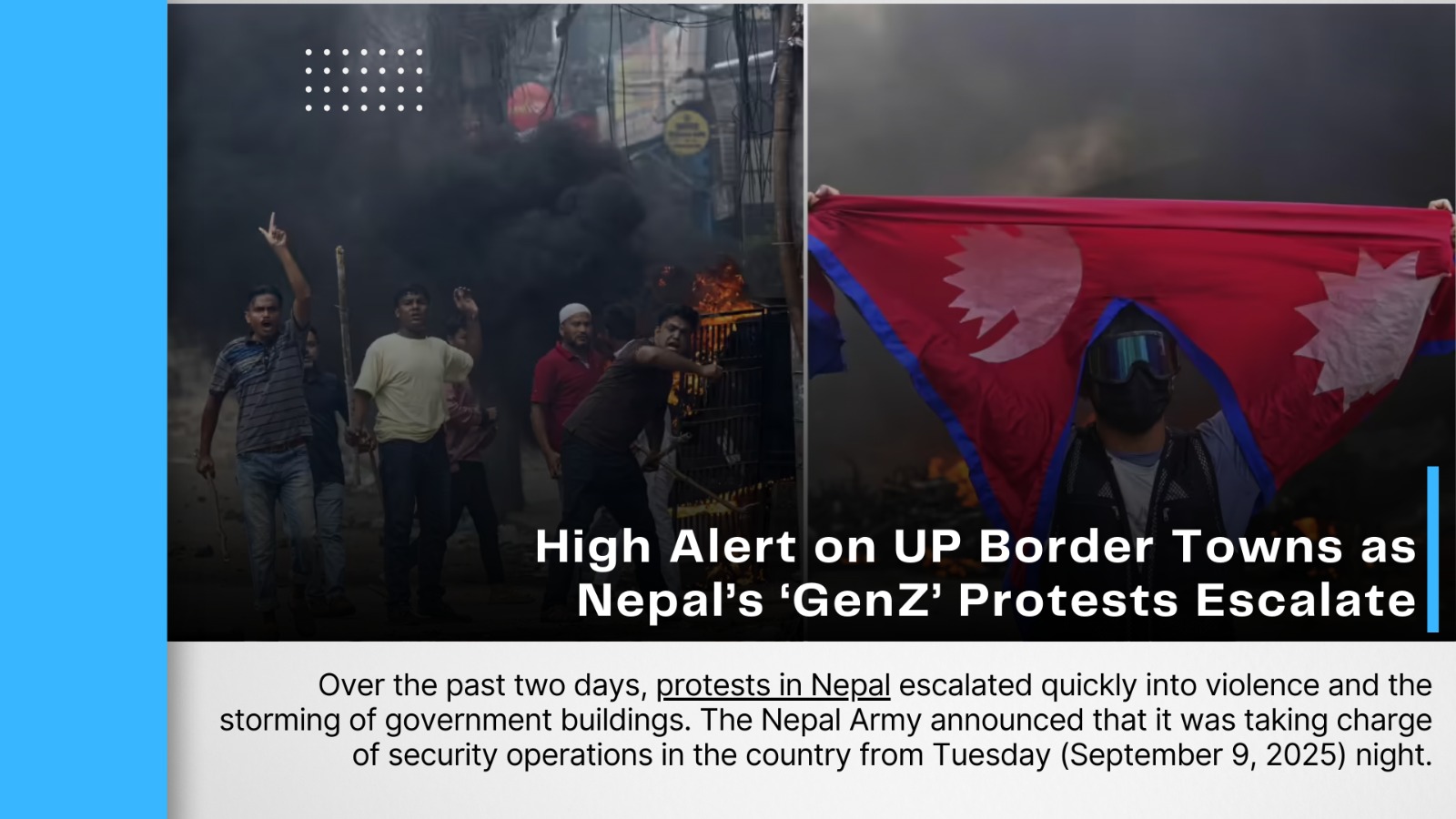







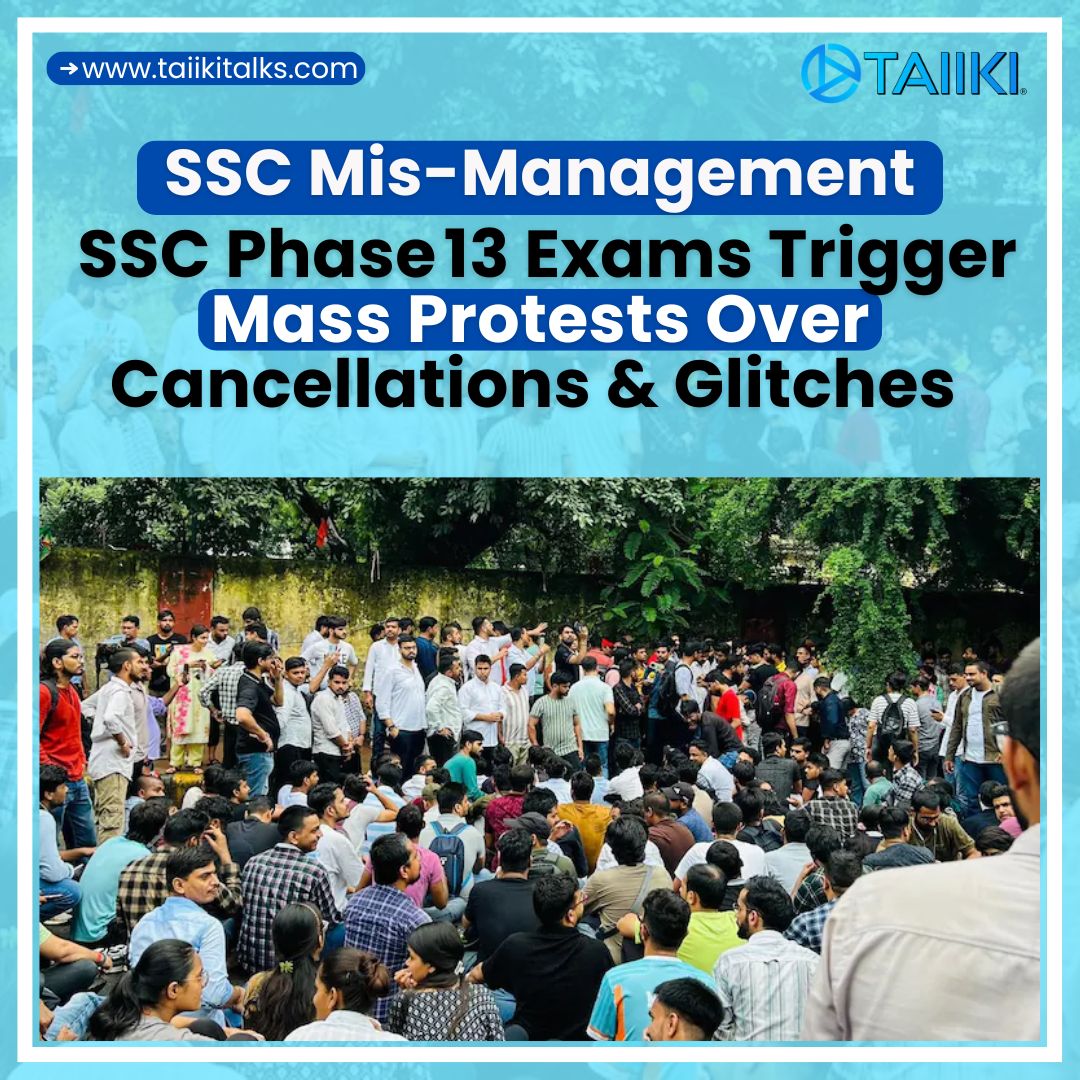
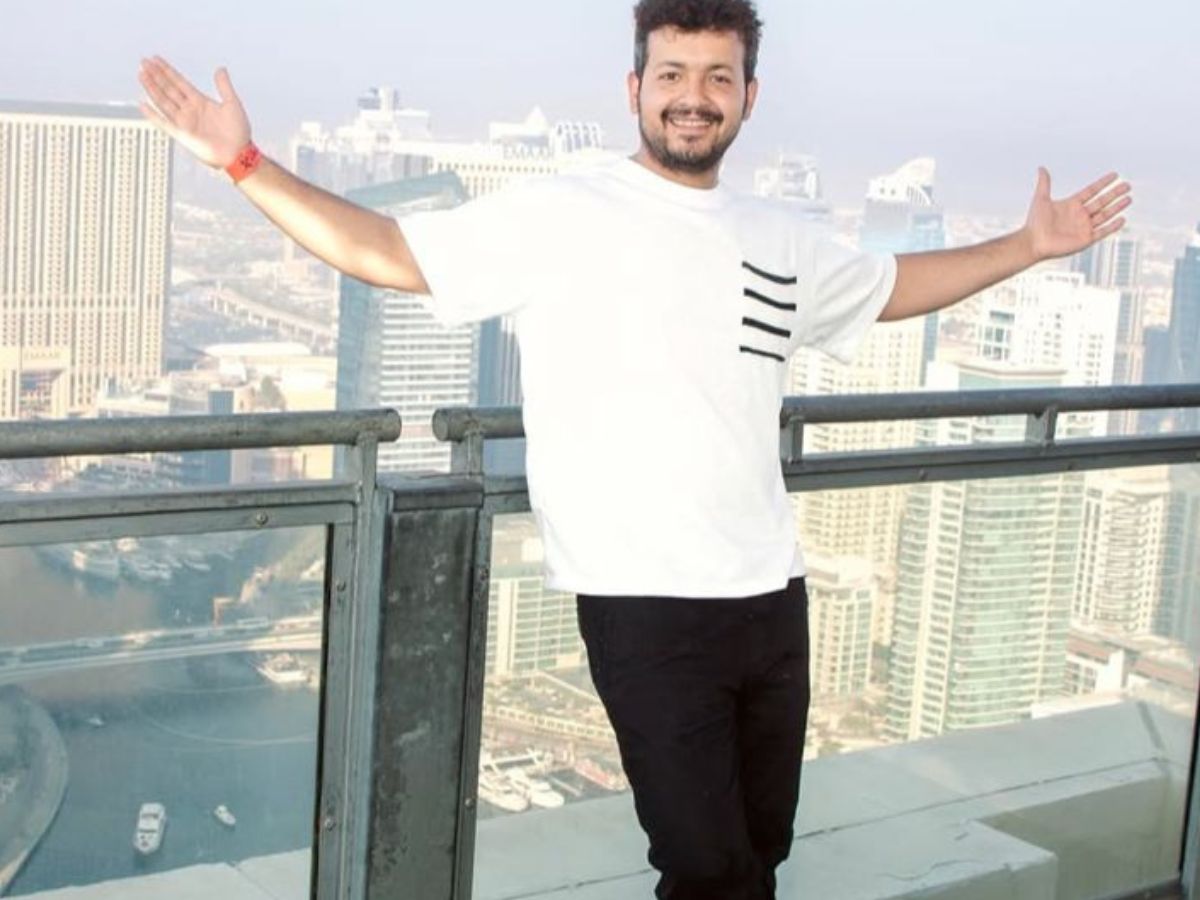



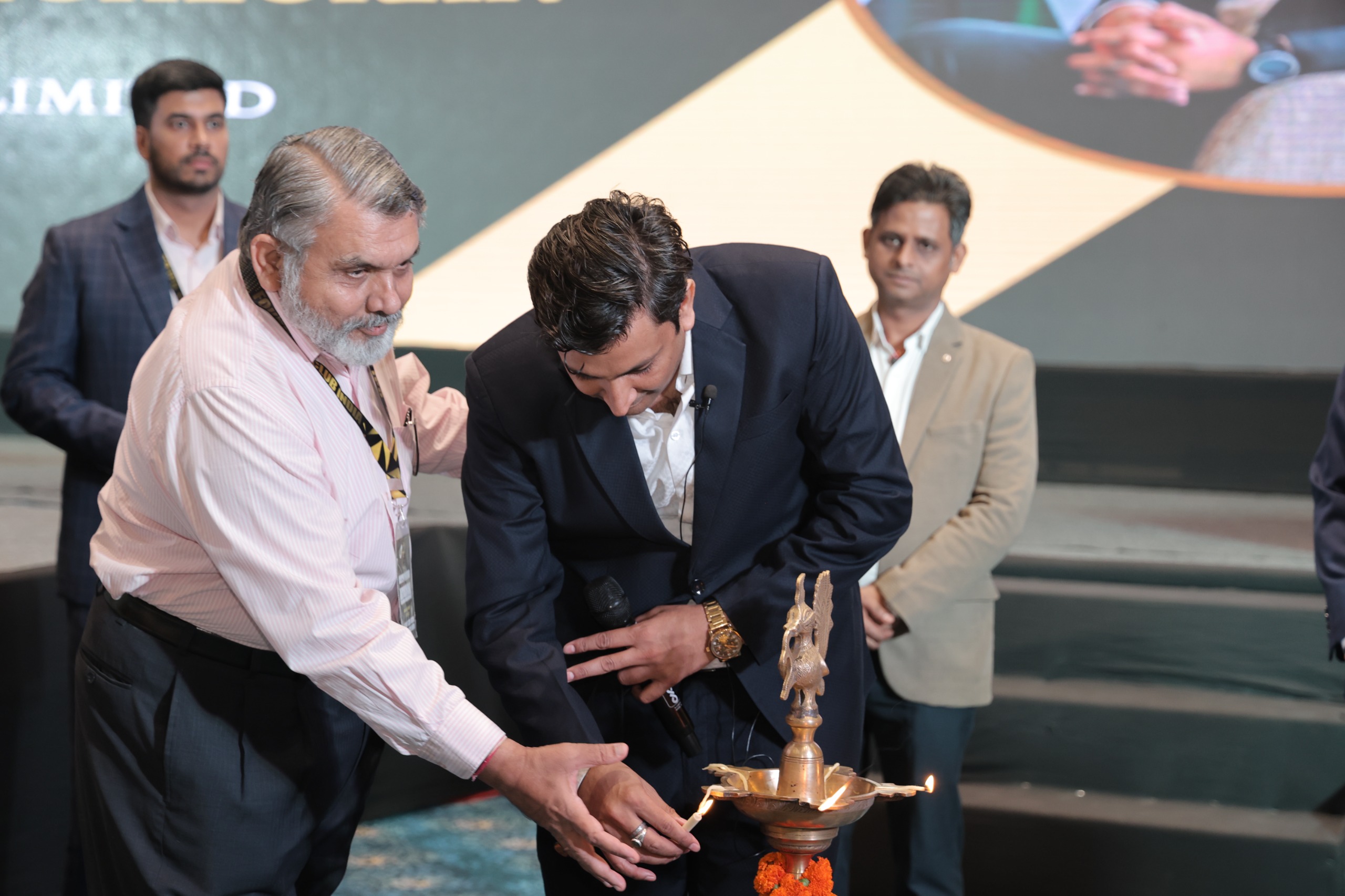

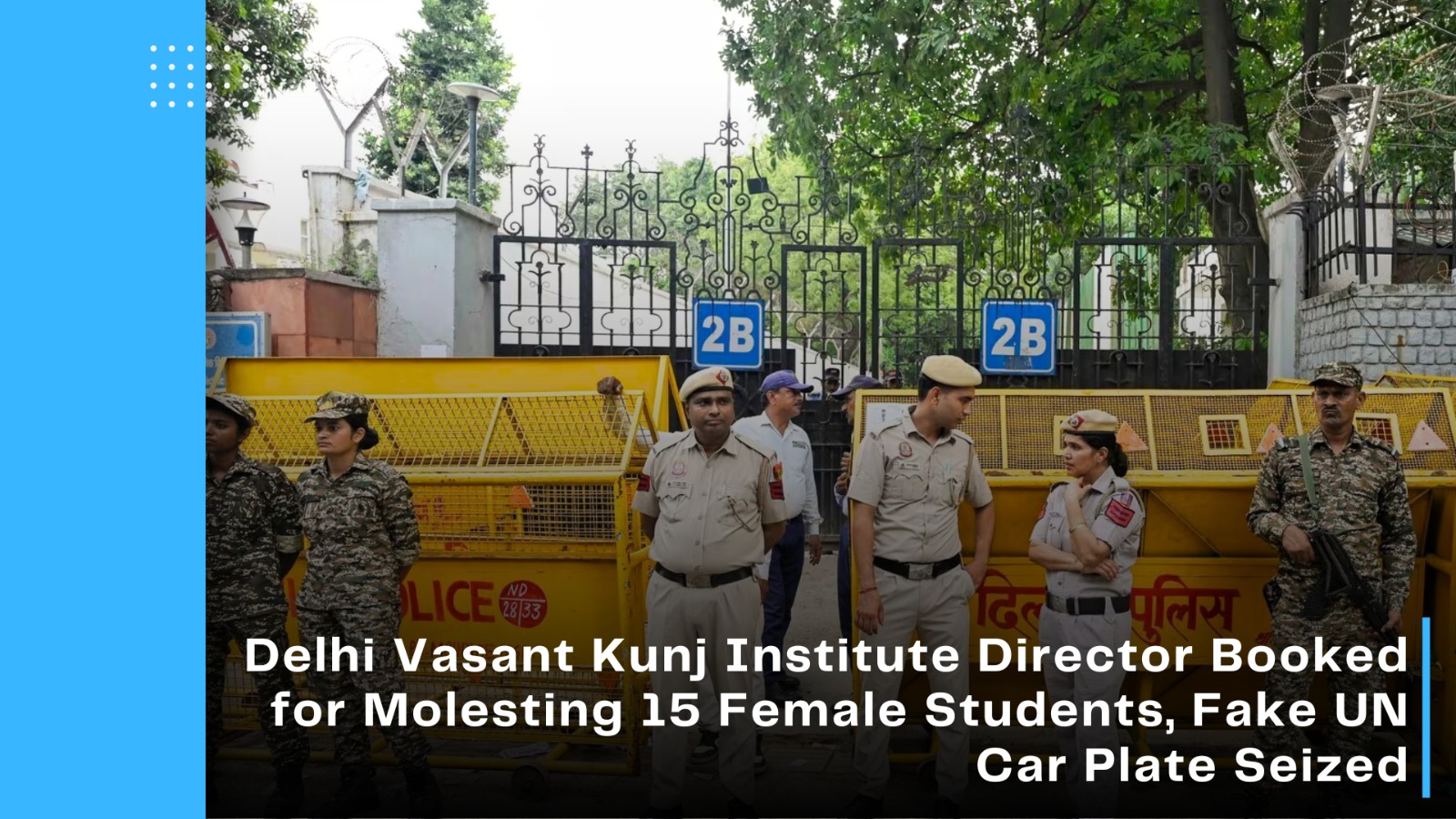












Comments (0)